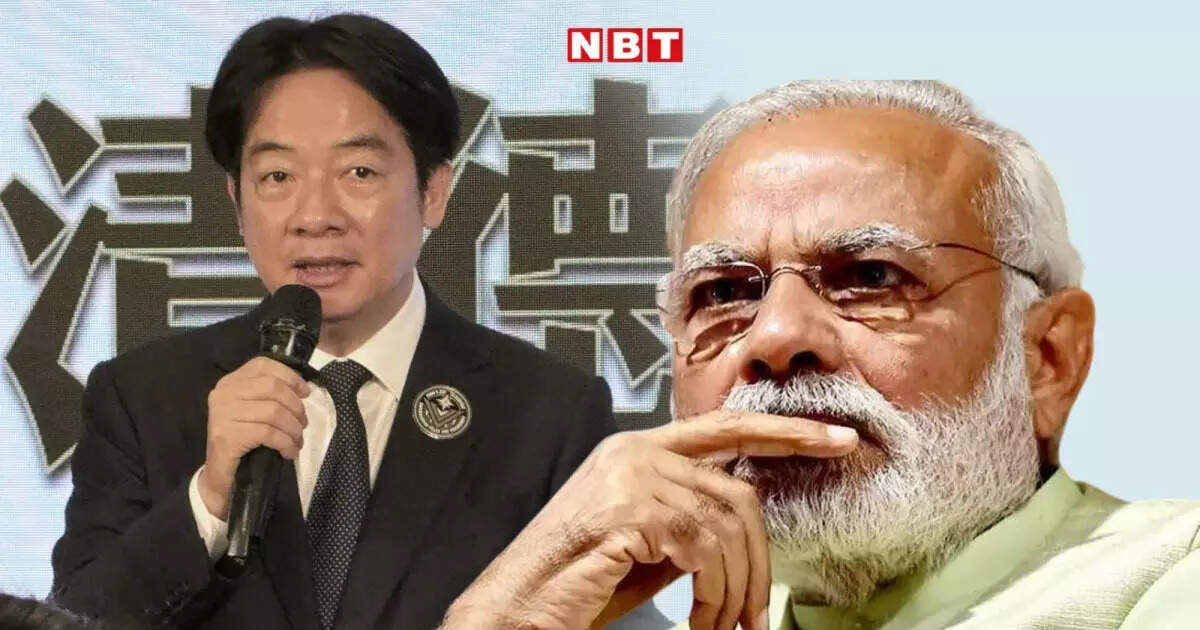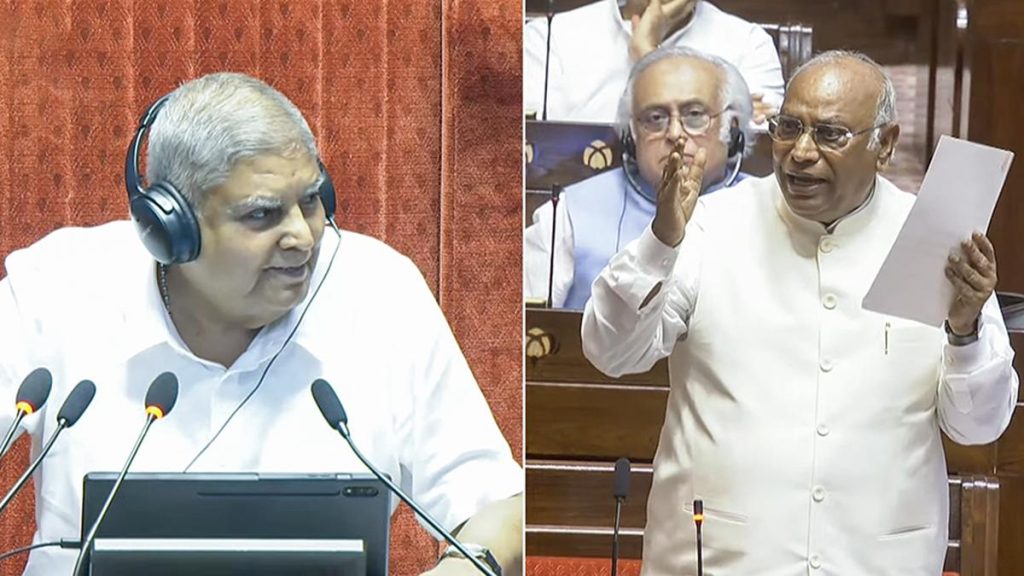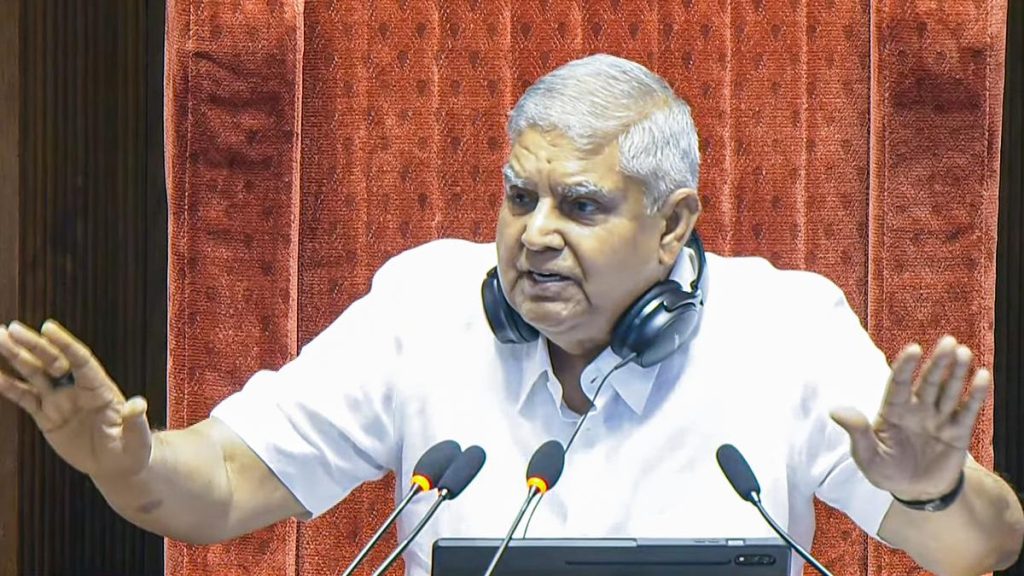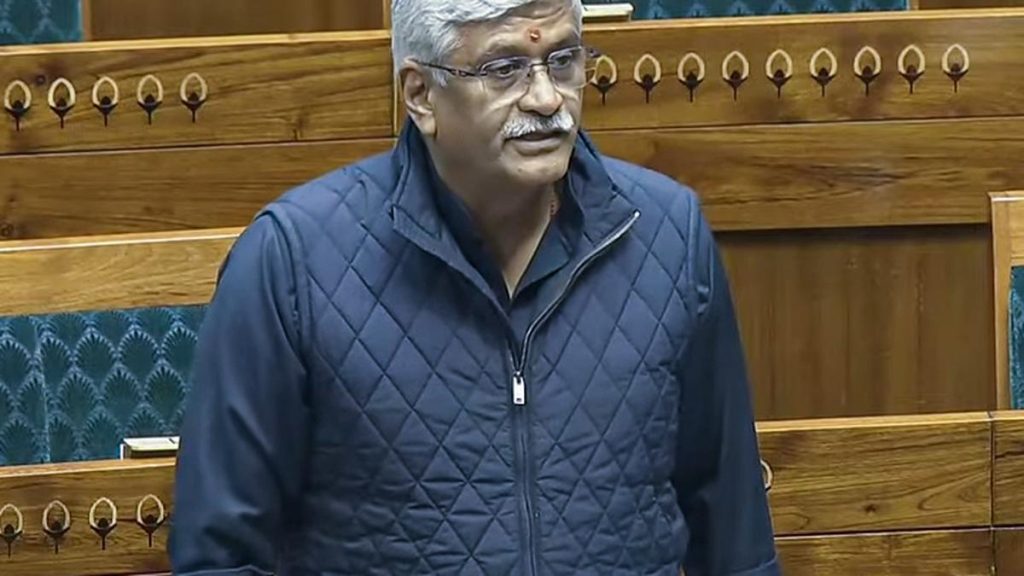Now Reading: Sure! Please provide the existing headline, and I’ll craft a refined version for you
-
01
Sure! Please provide the existing headline, and I’ll craft a refined version for you
Sure! Please provide the existing headline, and I’ll craft a refined version for you

quick Summary
- Richard D.Fisher, Senior fellow at the international Assessment and Strategy Center, has raised concerns that China is preparing for war on Taiwan too eliminate its democratic system while simultaneously destabilizing othre regions including the Indian subcontinent.
- Fisher alleges China is strengthening Pakistan militarily by providing advanced fighter jets, such as J-10CE aircraft equipped with PL-15 missiles and creating a “Kill Chain” network for targeting capabilities against India.
- China is reportedly aiding Pakistan’s nuclear program, including technology for intercontinental ballistic missiles (ICBMs) developed with assistance from Chinese or North Korean sources.
- The report notes mutual nuclear capabilities of Pakistan and India but warns that escalation could cause massive fatalities ranging from 20 to 125 million people.
- Concerns arise over China’s intention to shift PLA soldiers stationed near India’s borders toward Taiwan after engaging India in conflict, possibly followed by advances into Indian territory like Arunachal Pradesh or northeastern states such as assam and Tripura.
- Bangladesh and Myanmar could possibly be roped into china’s influence under plans designed to enhance control over strategic waterways impacting global trade routes (e.g., Malacca Strait).
- The article critiques India’s lack of overt support for Taiwan’s independence despite the mutual geopolitical stakes. It explores if India could aid Taiwan militarily (e.g., selling BrahMos-II supersonic anti-ship missiles) without escalating tensions.
Read More: Link
Indian Opinion Analysis
China’s multipronged strategy described in this analysis reflects its growing pressure on adversaries through asymmetric means-military advancement, proxy relationships, and regional destabilization-all intended to consolidate power across Asia. For India specifically, these developments underscore overlapping challenges: countering security threats at multiple fronts while deepening cooperation with like-minded nations.
India’s cautious approach regarding Taiwan might be rooted in balancing complex relationships in Asia-avoiding provocation against an increasingly assertive Beijing while safeguarding national interests vis-à-vis its volatile border disputes elsewhere. However, concerns voiced here about deeper military collaboration between China-Pakistan merit attention within India’s policy calculus; a more united stance among global democracies could deter escalations initiated by Beijing.
For India to manage this volatile situation effectively:
- Strategic partnerships-whether reinforcing defense ties with ASEAN countries or bolstering bilateral efforts like BrahMos missile exports-might serve as cost-effective deterrence measures without worsening existing tensions excessively.
- Simultaneously prioritizing internal defense preparedness alongside focused diplomacy may help reduce immediate vulnerabilities stemming from possible chinese advances around northeastern borders.
Neutral observers would note that any significant digression toward either active involvement supporting Taiwan or enabling stronger militarization risks complicating South Asian geopolitics further amidst already strained conditions globally caused by resource misallocations among rival systems likely emerging soon.



























